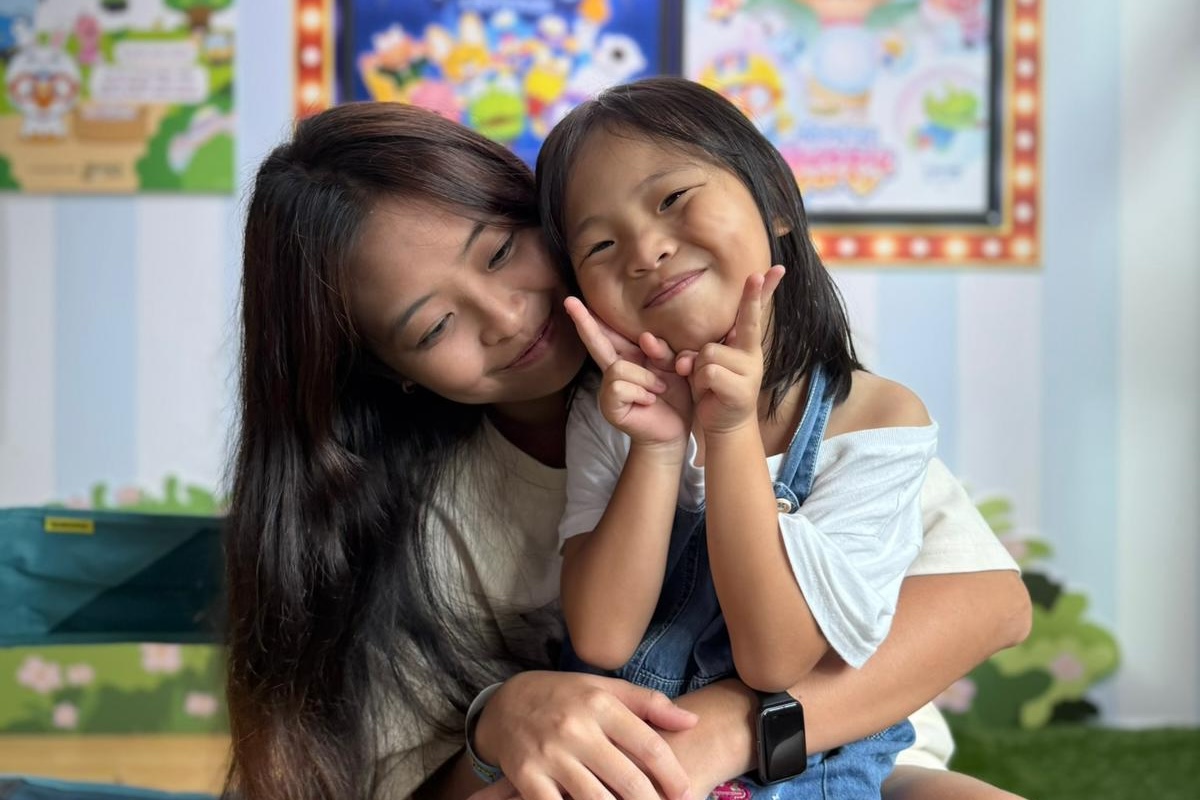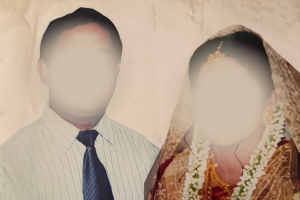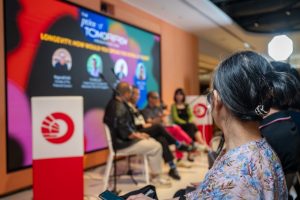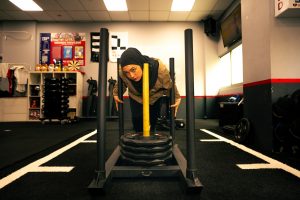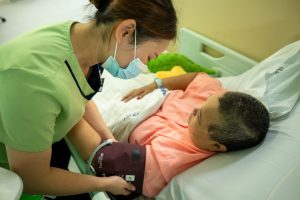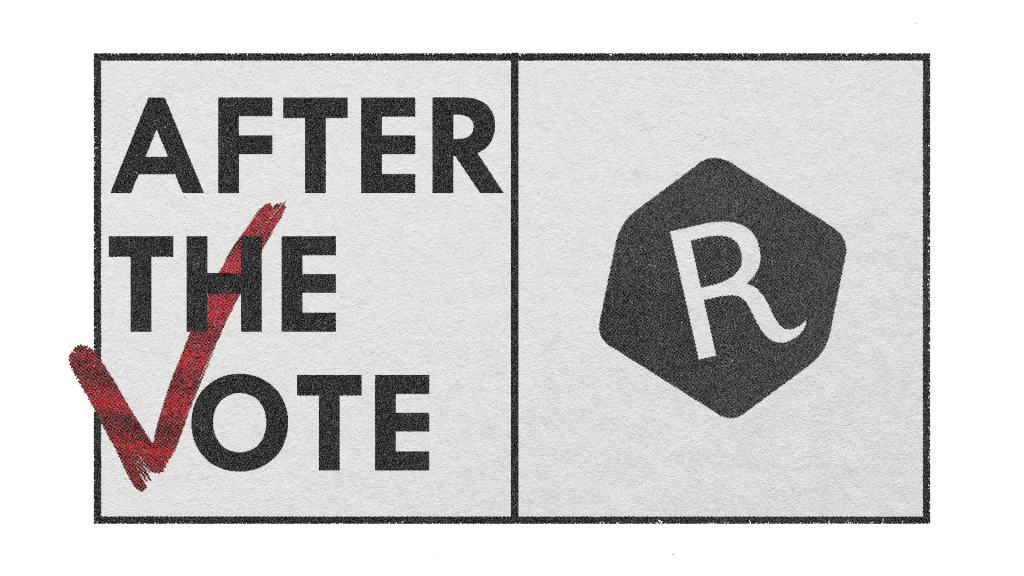
‘After the Vote‘ is a RICE Media series where Singaporeans from all walks of life share their hopes for Singapore—the changes they envision, the values they want to uphold, and the future they want to help shape.
After GE2025, we take a step back to explore the bigger picture: What kind of Singapore are we building together? Through these conversations, we uncover the aspirations and concerns shaping the nation over the next five years and beyond.
The views in ‘After the Vote’ are those of the interviewees and based on their experiences; they do not reflect the publication’s stance.
All images courtesy of Ziozio Sim.
For Ziozio Sim, being a single mother means never resting on your laurels. It means strength and resilience. It means making choices with conviction and intention, not convention.
The turbulence of her previous marriage pushed the 26-year-old financial consultant to take the leap to solo parenthood four years ago. She made the long-term mental well-being of her 6-year-old daughter and herself an utmost priority.
Since then, Ziozio has made it a point to show up for her daughter, no matter the circumstances. She rushes to pick her up after work, dedicates as much time to be with her, and keeps her composure in even the most overwhelming of moments.
“Despite all this, she still looks at me like I’m her whole world,” she says to RICE. “Even as a single parent, I can still give her love and provide stability.”
She doesn’t doubt that her daughter is growing up surrounded by love. However, although many people have reassured Ziozio in her journey into single parenthood, it’s still one of ebbs and flows. She doesn’t doubt stigma lingers, with assumptions on what a ‘conventional’ family ought to look like.
RICE is taking a longer-term view towards the Singapore we’re collectively building. And Ziozio has plenty to say about a future where single-parent households are better understood and supported.
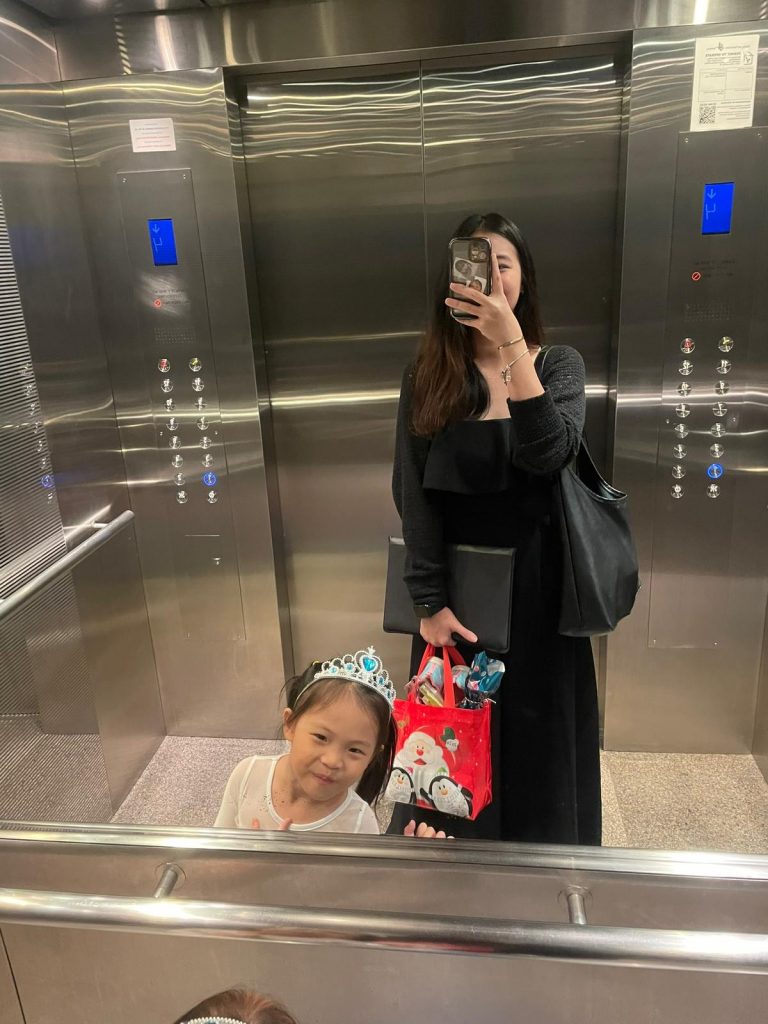
What is one change you hope to see in Singapore by 2030 that would make life meaningfully better for people like you?
By 2030, I hope to see more inclusive and supportive policies for single parents in Singapore—not just financial help, but recognition that our families are valid too.
I was eligible for the Baby Bonus because I was married, but I know many other single parents who aren’t, simply because they didn’t go through a legal marriage. That kind of policy leaves some families behind when they need support the most.
What would make life meaningfully better is a shift toward systems that care more about the child’s well-being than the parents’ marital status. Every child deserves the same start, regardless of how their family is structured.
What’s a challenge Singapore must overcome in the next six years to stay a place where people want to live and thrive?
A major challenge Singapore must overcome is the rising cost of living, especially for families that don’t fit the typical mould.
As a single mum, every dollar stretches, and basic needs like housing, childcare, and even taking a break can feel out of reach.
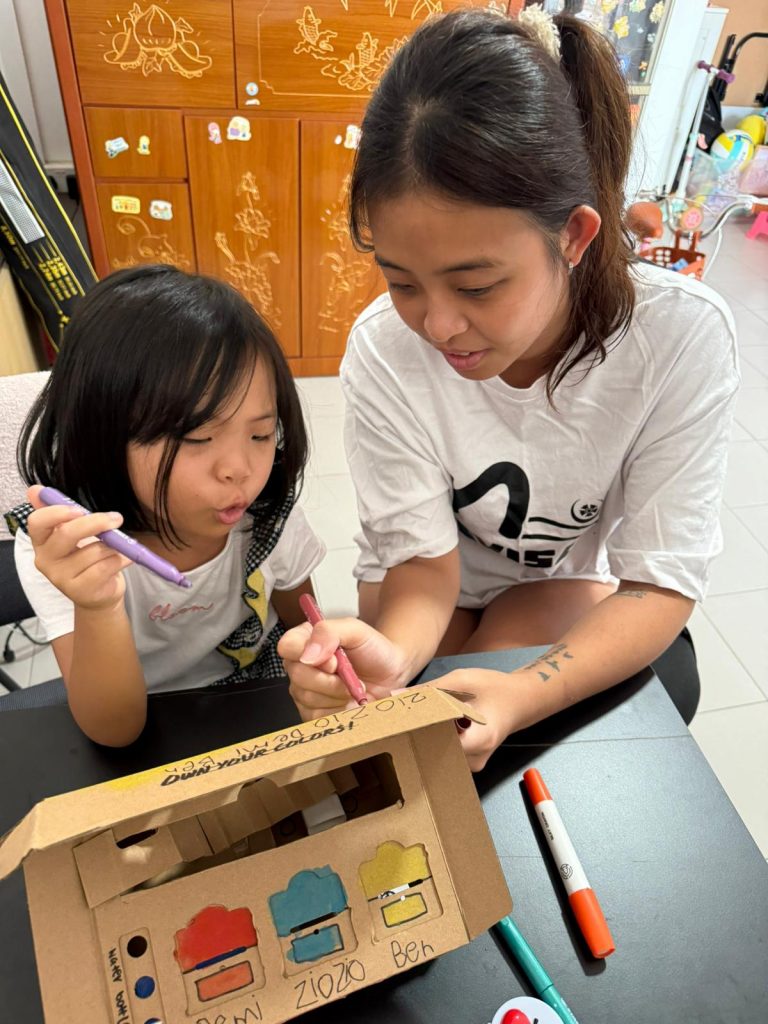
There have been moments where I’ve had to budget tightly, putting aside money for rental and utilities while also making sure I’ve enough to buy groceries for the week. It feels like I have to do constant math in my head. I’d think twice about spending anything on myself to put food on the table. I need to make sure that my daughter eats well and grows up healthy and strong, no matter how tight things get.
I’ve heard parents taking up extra jobs just to feed their kids. Or even when the kid has to see a doctor, they can’t because “no money”. In my opinion, the rising cost of living really has a huge impact on single parents who are already trying hard to make ends meet.
That financial pressure adds up and affects our mental health. I think for Singapore to stay a place where people want to live and thrive, we need more affordable, accessible support systems—both practical and emotional. Life shouldn’t feel like survival, especially for those trying their best.
If you could introduce a new national priority for Singapore, what would it be, and why?
It would be mental health care that’s accessible, affordable, and stigma-free—especially for single parents.
Raising a child alone can be overwhelming, and many of us carry that quietly while still showing up every day. There was a period when I felt so overwhelmed and stressed out. I didn’t have any time to take a breather, because my daily life is work and solo parenting one after another.
I remember breaking down and having an outburst. It hit me that I can’t take a break. Because it’s really just me—and if something happened to me, there’s no backup, no one to care for my daughter.
It’s tough to ask for help, because who can we really turn to? Sure, there is help everywhere, but it’s taking the first step out that’s tough. It’s the worry of “will I lose my child” if I get diagnosed with a mental illness.
If we can build a system where mental well-being is seen as just as important as physical health—and where single parents have access to childcare support so they can take care of themselves too—I think we’d see stronger, happier families, and a more compassionate society overall.
I feel that subsidised, reliable childcare support that covers non-traditional working hours would make a huge difference. There are many young single parents who don’t work the typical 9-to-5 job. Some hold part-time jobs to have the flexibility, and that would mean working the evening shift.
Knowing that we can go to work without worrying “Who’s going to take care of my child?” or “What do I have to give up for today?” would ease the stress.
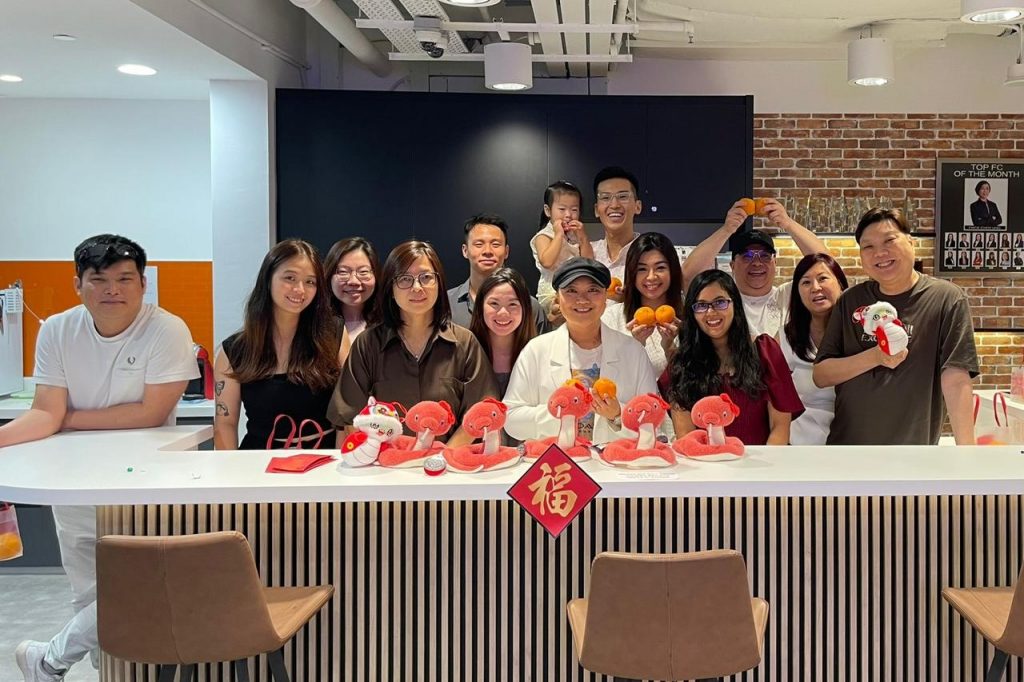
My biggest support system right now is my friends. They’re always checking in on me and listening to me. I’ve had friends who stepped in and helped me fetch my daughter while I worked. I think this really helped me a lot, knowing that I can work without worrying about my kid.
I believe it shouldn’t be so hard to ask for help, whether it’s emotional support, therapy, or just a safe space to breathe.
What small shift—policy or mindset—could make a big difference in the daily lives of your community?
A small shift that could make a big difference is more workplace flexibility, especially for single parents. When I was job-hunting, I had to find something flexible because I was the only one caring for my child. It wasn’t just about convenience—it was survival.
It took me about a year or so to go into financial consulting. Honestly, I was uncertain about this industry at first. I looked for many jobs, but they were all office hours, which wasn’t ideal for me when my kid was still very young. I had to pivot. I needed flexibility more than anything. Becoming a financial consultant meant I could build my career on my own terms.
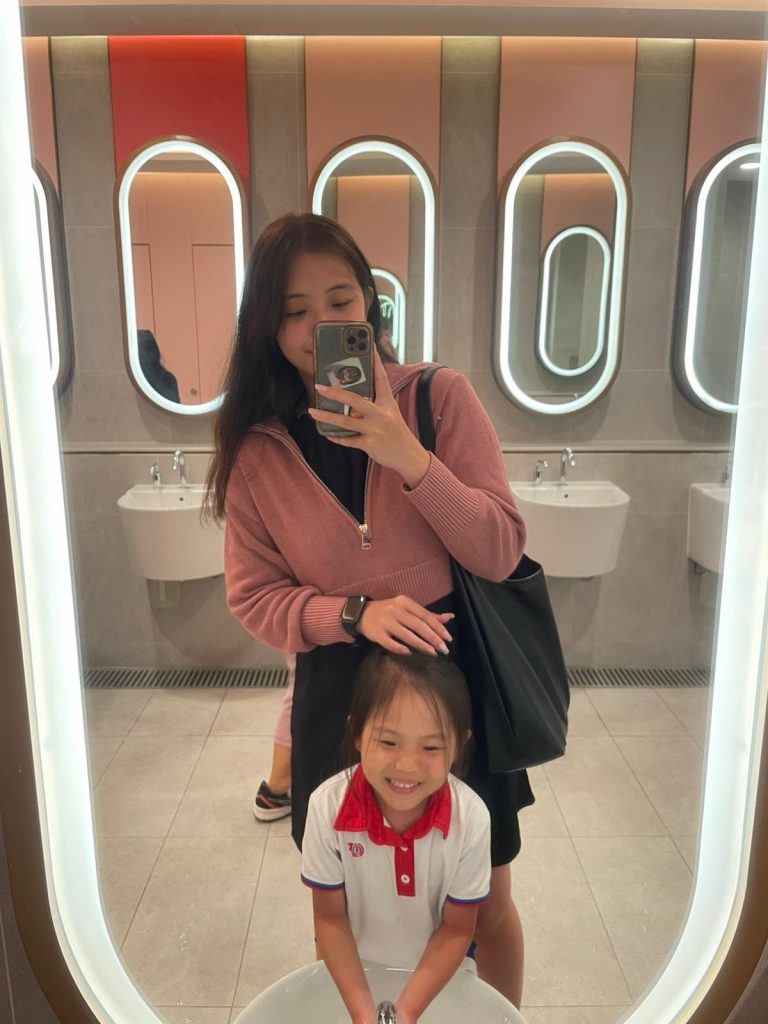
My job as a financial consultant now gives me control over my time. I have the flexibility to schedule my work appointments around my daughter’s needs, or be there when she is unwell. I can also bring her into the office, or along with me, for my appointments. This gives me a lot more balance juggling work and motherhood.
I’m fortunate to be in a flexible role now, but not everyone has that option. I’m lucky I didn’t have any previous employers who gave me a difficult time.
Prior to my current job, I was teaching at a tuition centre. My boss made it easier for me as she understood how tough it was as a single mum. So she allowed me to bring my daughter with me and even helped me take care of her. I’m eternally grateful, and I think we need more of these empathetic mindsets.
Even small changes—like understanding bosses, flexible hours, or remote work—can lift a huge weight off someone’s shoulders. If more employers saw that, it would make daily life more manageable for us single parents.
Singapore moves fast. What’s one thing we need to slow down for?
We need to slow down to check in with ourselves and with each other. In a place that values efficiency and progress, it’s easy to overlook how people are really coping beneath the surface.
Specifically, I think making space in schools or workplaces for mental wellness check-ins, or normalising four-day work weeks and flexible hours, especially for caregivers. Personally, just having 10 quiet minutes to myself before my daughter wakes up can change the tone of my whole day.
If we gave ourselves and others just a bit more room to pause, I think we’d feel less like we’re constantly catching up, and more like we’re actually living.
I do have some support from my close friends and family. But I try not to ask for too much because it’s hard when everyone else is also busy. I think that’s the thing about the pace in Singapore: people want to help, but they often stretch themselves thin. We’re all moving so fast that it’s hard to notice if someone else is struggling.
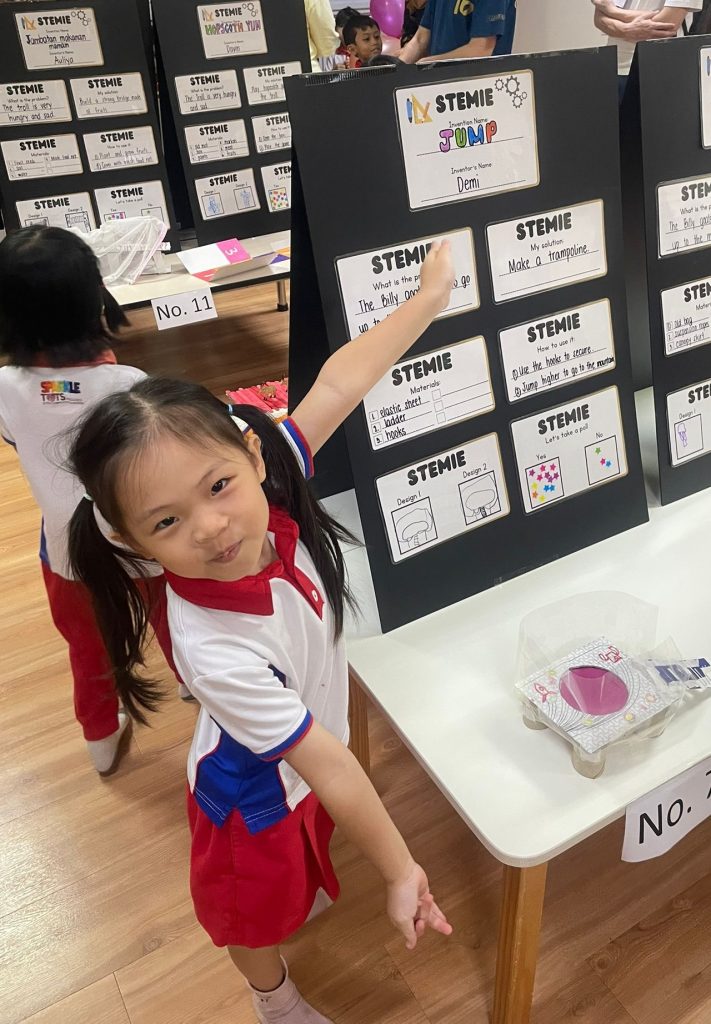
For single parents like me, life is already in overdrive—juggling everything alone, making sure our kids are okay, and trying not to fall apart in the process. Slowing down means making space for mental health, for empathy, for listening without judgment.
Because if we’re always rushing, we miss the chance to really care for ourselves and for the people around us.
What’s one thing about Singapore you’d want to protect for the future?
One thing I’d want to protect is the sense of safety and stability we have in Singapore. As a mum, especially raising a child on my own, that matters a lot. Knowing I can walk home late at night or that my child has access to good education and healthcare—it’s something I never take for granted.
In 2030, what kind of Singapore would you be proud to call home?
I’d be proud if it’s a place where my daughter can grow up feeling safe, supported, and never ashamed of her family.
I want her to live in a society that doesn’t judge people based on whether they come from a ‘traditional’ home, but one that sees strength in all kinds of families.
I hope by then, mental health care is accessible to everyone and single parents are given the support we need—whether it’s flexible childcare, emotional support, or simply being treated with respect. I want her to grow up in a Singapore that’s not just efficient, but kind. That would make me truly proud.

